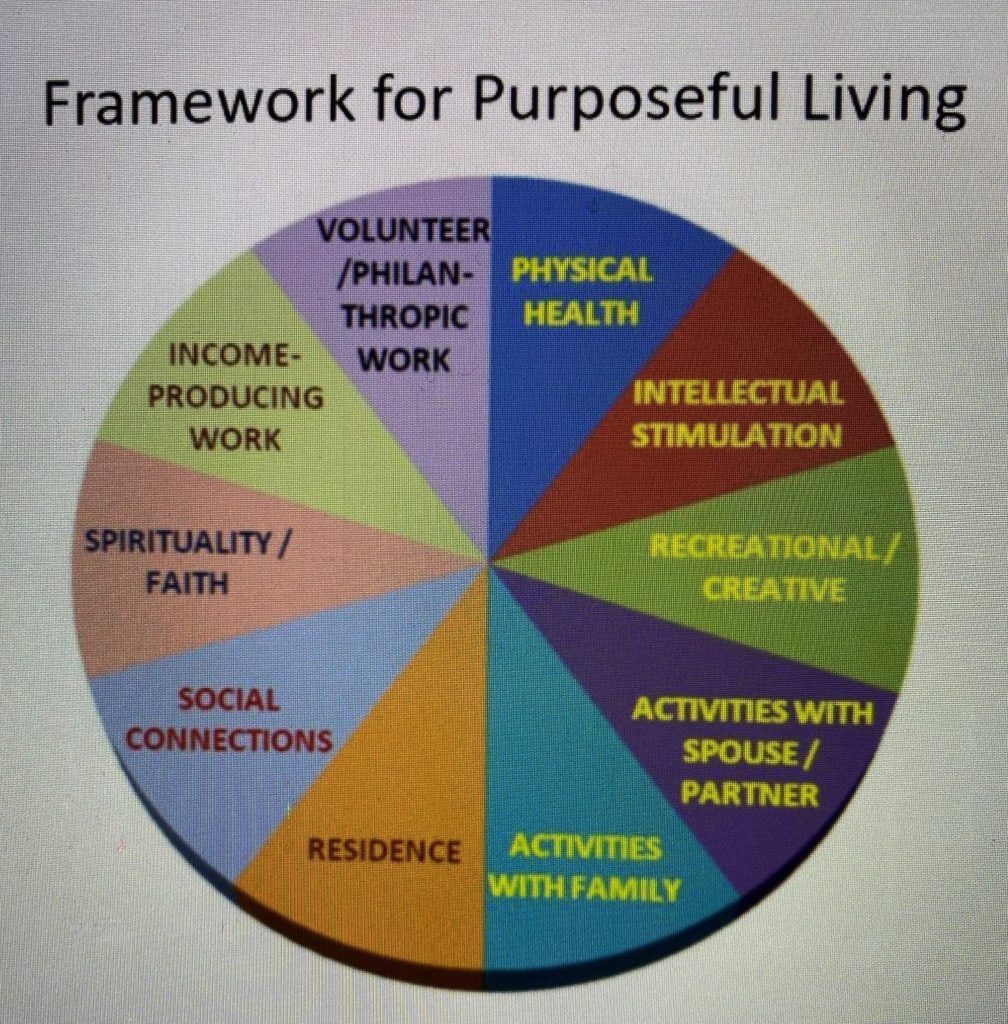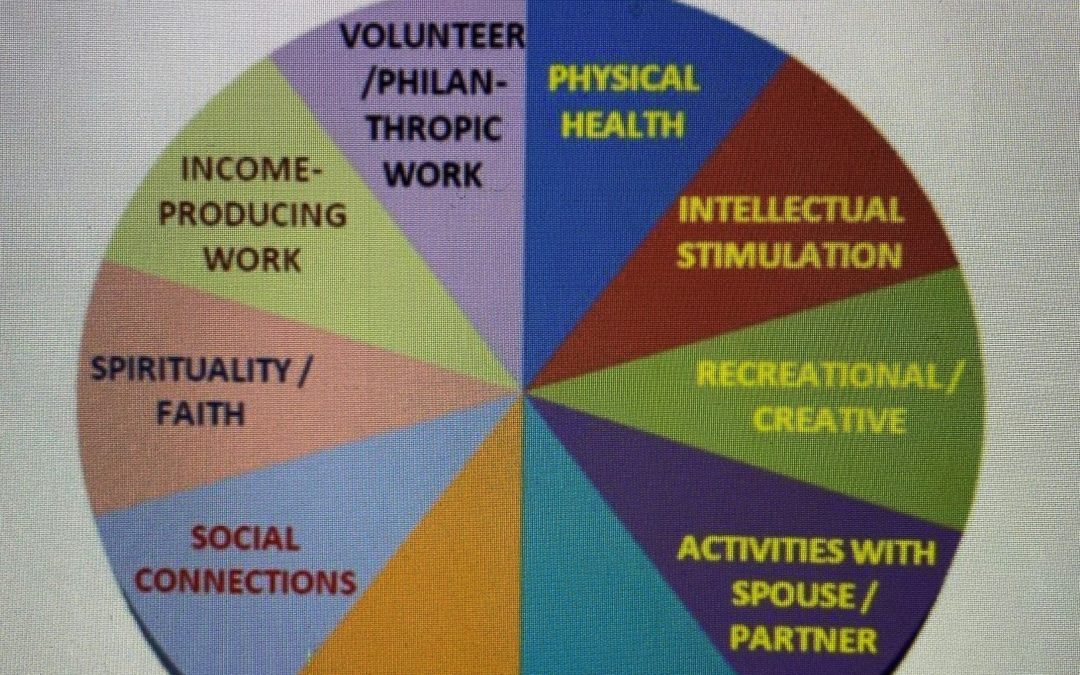I woke up this morning thinking about gratitude. I suppose it’s “that time of year” when we all hope to pause and appreciate the bounty of our efforts… but amidst the isolation and emotionally taxing challenges of the past couple of years, maintaining an attitude of gratitude can prove elusive.
My meditation on gratitude was inspired by two interactions. Yesterday morning, I was part of a conversation amongst lawyers talking about outcomes of business mergers and acquisitions, and how the sellers’ lives had unfolded post-sale. One of the group members volunteered that he knew of six sellers who post-sale had committed suicide, which led us all to a discussion about the importance of living a life of purpose. Although I recognize that suicide results from a multitude of factors, it was a striking comment considering the positive associations that usually accompany successful business outcomes. Later in the day, I received a gift with a card that read “thank you letting me clean your house”. The gift and the card were a jarring juxtaposition to the conversation I’d had earlier that morning. Those two experiences led me to start thinking about divorce outcomes and experiences, and how perspective so strongly influences the perception of the outcome.
So often, both lawyers and clients think about divorce outcomes as “wins” or “losses” relative to financial settlements. The adage that marriage is about love, while divorce is about money, didn’t come out of nowhere. However, while divorce and comfort post-divorce certainly involves important financial outcomes, seeing that goal as solitary — or at least as utmost– is often antithetical to creating a happily restructured family post-divorce. Being divorced is multi-dimensional: legally, financially, emotionally, socially, and in the many contours of family life. Seeing any one outcome as a paramount win is counterproductive to living a life of purpose and meaning.
Although Freud’s theories are not without controversy, it seems to me that he got it right when he observed that “love and work are the cornerstones of our humanness”. As divorce usually destabilizes both of those foundations, each of which has many component parts, it stands to reason that good outcomes require multiple thoughtful recalibrations, and more than a singular monetary result.
After that morning meeting yesterday, one of the participants sent me the graphic below, which I think offers one lens to look through as we consider how to construct our own best lives and is one way to find grace and gratitude in these times that – to borrow a phrase from Thomas Paine (in his December 23rd, 1776, essay “The Crisis”) — try men’s souls (and of course women’s and children’s as well).
What components for each of us makes a purposeful life?


